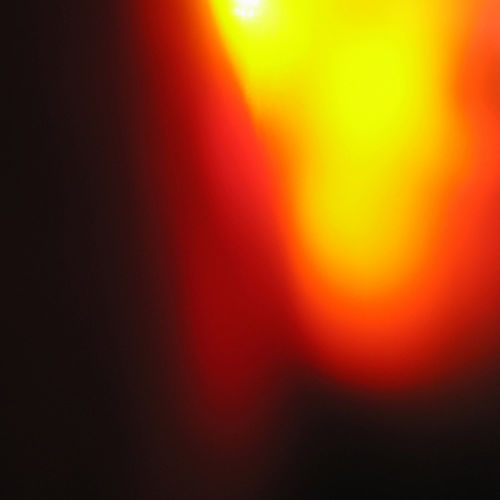What is Capsaicin
Chipotle peppers, as well as all chili peppers, are made hot from the capsaicin stored in them. Most of the capsaicin is in the white membranes and the seeds. The chipotle peppers feel hot because the capsaicin tricks your brain into thinking you are in pain.
How to Reduce the Burning of Chipotle Peppers
Capsaicin In Your Mouth
Water will not help reduce the burning of chipotle peppers because capsaicin is not water-soluble, this means water does nothing to actually remove the capsaicin from your mouth, it just temporarily cools the area. Dairy products actually contain casein which will remove the capsaicin from the affected area.
Table could not be displayed.Capsaicin On Your Hands and Body
As with capsaicin in your mouth water does nothing to help remove the burning of chipotle pepper on your body. This is also true of many other methods like bleach, topical antacids and vinegar. If you use shampoo, soaps or detergents you can wash them off. Using other oils like vegetable oil or vaseline will also remove the capsaicin.
Capsaicin In Your Eye
Normally if you get capsaicin in your eye it will not be dangerous, only painful. The best way to help alleviate the pain is to put something cold on your eye such as an ice pack. If the pain persists for more than a few minutes then calling 911 might be warranted.
Other Uses: Capsaicin Creams, Lotions and Nasal Sprays
There are several products that make use of the beneficial effects, assumed or real, of capsaicin. Some are backed by research and others seem to be based on nothing more than good marketing. Remember: Always talk to your doctor before undergoing a treatment of any kind.
Topical Capsaicin Cream
Capsaicin cream is applied topically and has been used to reduce the pain from arthritis, shingles, back aches and strains. These are normally administered by a doctor but less potent topical capsaicin creams can be found over the counter.
Capsaicin Nasal Sprays
Capsaicin nasal sprays are said to relieve allergies and headaches, though nasal sprays are not backed by readily available research.


